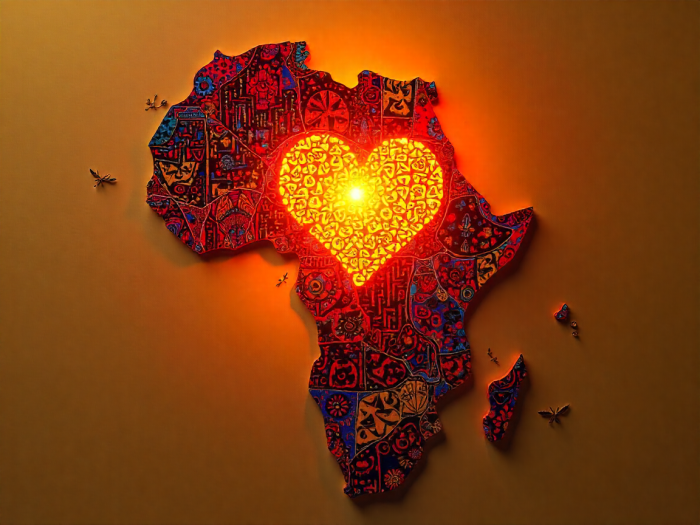
Op-Ed:
Each time Nigerians discuss queer rights, someone inevitably says, “This is a Western idea.” It’s a phrase repeated so often that many now believe it. The assumption is simple: that queerness and human rights are foreign concepts shipped in from Europe or America to corrupt African culture. But this narrative is both lazy and dangerous. It allows injustice to hide behind nationalism and erases the dignity of millions of Nigerians who simply want to exist in peace.
The Roots of a False Idea
The belief that human rights are Western imports didn’t come from African traditions. It came from colonialism. When European colonizers arrived, they imposed their own legal and moral systems, criminalizing many aspects of African life including diverse gender roles and same-sex relationships that had existed for centuries. The laws that still punish queer Nigerians today are not native. They are remnants of the British Penal Code, written by colonizers who saw our customs as uncivilized.
So, when someone says “homosexuality is un-African,” they are unknowingly defending a colonial law. The irony is painful.
African Traditions Recognized Humanity Long Before the UN Did
Before colonization, many African societies operated on principles that mirrored the essence of human rights: community, justice, dignity, and belonging. The Yoruba concept of Omolúàbí centers character and respect for others. The Igbo idea of Igwebuike emphasizes community strength and mutual support. Across cultures, humanity was measured by how you treated others, not by who they loved or how they expressed gender.
These indigenous values already affirmed the right to exist and be treated with fairness. Human rights did not arrive with the United Nations; they have always been embedded in our cultural philosophies. What colonialism did was distort them, turning our communal ethics into rigid moral codes enforced through punishment and fear.
The Nigerian Queer Reality
Today, queer Nigerians live in constant tension between visibility and safety. They are teachers, artists, mothers, activists, and students navigating systems that deny their existence. Many face harassment from both the state and society, yet they continue to build communities, create art, and push for justice. Their courage is not borrowed from the West, it is rooted in the same resilience that has defined Nigerians for generations.
When queer Nigerians demand the right to live, love, and work without fear, we are not asking for special treatment. We are asking for what every Nigerian deserves: protection under the law, respect for their humanity, and freedom from violence.
Why the “Western” Argument Persists
The idea that human rights are foreign serves a political purpose. It allows leaders to deflect from failures in governance by framing equality as a cultural war. It shifts the conversation from justice to morality, from accountability to emotion. By labeling human rights as “Western,” those in power can silence dissent while appearing patriotic.
But true patriotism is about protecting citizens, not persecuting them. A government that denies the rights of its own people cannot claim to defend national values.
Human Rights Are Universal, or They Are Nothing
Human rights cannot depend on geography, religion, or sexual orientation. They exist because we exist. To say that some Nigerians deserve rights and others do not is to misunderstand what human rights mean. If we accept selective humanity, we open the door for anyone to be dehumanized tomorrow.
Queer Nigerians are not asking for imported values. They are asking for the same recognition our ancestors believed in, that every human being deserves dignity and freedom.
The Way Forward
It is time for Nigeria to unlearn the colonial mindset that labels equality as foreign. Human rights are not Western; they are human. And when we protect the rights of queer Nigerians, we are not betraying our culture, we are honoring the best of it.
This Op-Ed was written by the Communications Department of WHER Initiative.
